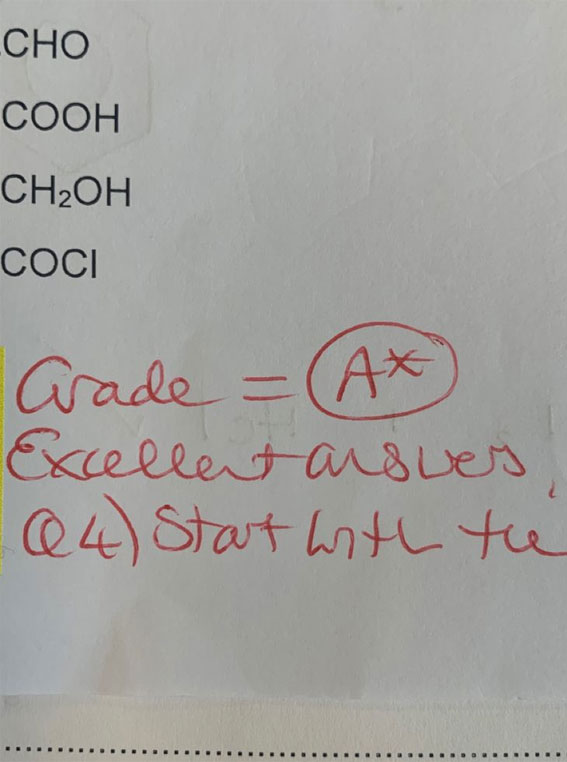13. Goal-Oriented Planning
Goal-oriented planning is a key component of studying success. It involves setting specific, measurable, and achievable goals for your academic pursuits. Here’s a step-by-step guide on how to implement goal-oriented planning for studying success:

1. Identify Your Academic Objectives: Clearly define what you want to achieve academically. This could include specific grades, mastering certain subjects, or developing particular skills.
2. Break Down Long-Term Goals: If you have long-term academic goals (e.g., graduating with honors), break them down into smaller, more manageable short-term goals. This makes the overall objective less overwhelming.
3. Set SMART Goals: Ensure that your goals are Specific, Measurable, Achievable, Relevant, and Time-bound (SMART). For example, instead of saying, “Improve grades,” set a SMART goal like, “Achieve an A in Math by the end of the semester.”
4. Prioritize Your Goals: Identify the most important goals that align with your overall academic plan. Prioritize them based on urgency and significance.

5. Create a Study Schedule: Develop a study schedule that allocates specific time slots for each goal. This helps you organize your time effectively and ensures that you are dedicating sufficient attention to each objective.
6. Break Goals into Tasks: Break each goal into smaller tasks or steps. This makes it easier to track progress and allows you to focus on specific actions required to achieve each goal.

7. Establish Deadlines: Assign realistic deadlines to each goal and its corresponding tasks. Having deadlines creates a sense of urgency and helps you stay on track.
8. Use a Planner or Calendar: Utilize a planner or digital calendar to keep track of your goals, tasks, and deadlines. This visual representation of your plan enhances organization and time management.

9. Regularly Review Your Plan: Set aside time periodically to review your goal-oriented plan. Assess your progress, adjust deadlines if necessary, and celebrate achievements.
10. Adjust Goals as Needed: Be flexible in adjusting your goals if circumstances change. Life is dynamic, and your academic plan should be adaptable to accommodate unexpected challenges or opportunities.

11. Seek Feedback: Share your goals with professors, mentors, or peers and seek feedback. External perspectives can provide valuable insights and guidance.
12. Monitor Your Progress: Regularly monitor your progress toward each goal. Keep track of completed tasks, evaluate what’s working well, and identify areas that may need additional focus.

13. Stay Motivated: Keep your motivation high by reminding yourself of the reasons behind each goal. Visualize the success you will achieve and the benefits that will come from reaching your objectives.
14. Reflect on Achievements: Celebrate your achievements, no matter how small. Reflecting on your successes reinforces positive behavior and motivates continued effort.

Example of Goal-Oriented Planning:
Long-Term Goal: Achieve a GPA of 3.7 or higher by the end of the academic year.
Short-Term Goals:
- Complete all assigned readings before the end of each week.
- Attend professor office hours for additional clarification on challenging topics.
- Achieve an A in each major course during the semester.
- Create comprehensive study guides for upcoming exams.
Task Breakdown:
- Week 1-2: Complete readings for Course A.
- Week 3: Attend office hours for Course B.
- Week 4-14: Maintain a study schedule for each course, allocating specific times for review and preparation.
- Week 15: Review and adjust study strategies for the upcoming semester.
Remember, goal-oriented planning is an ongoing process. Regularly reassess your goals, adjust your plan as needed, and remain committed to achieving success in your studies.








